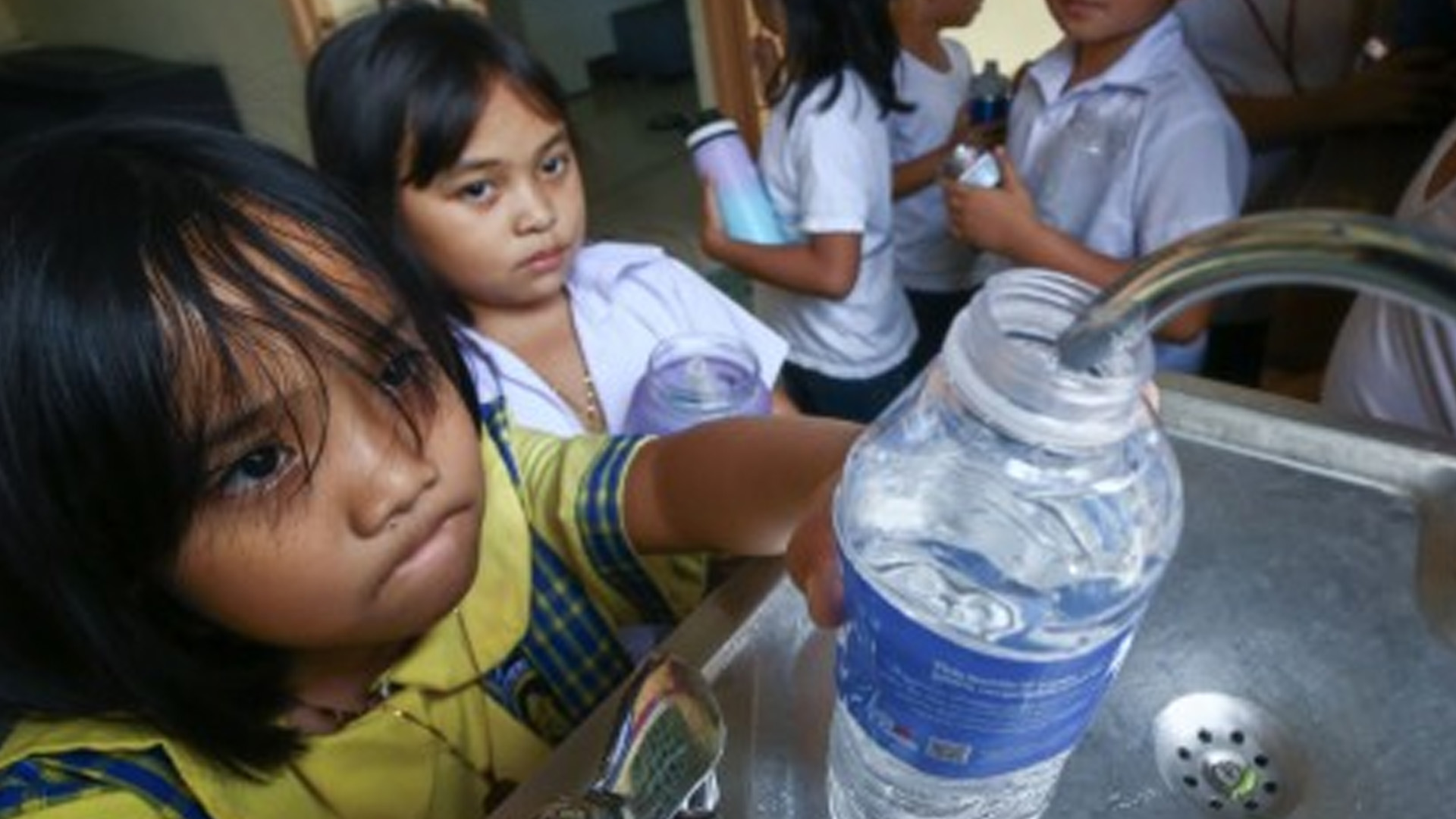The majority of the senators have given their support to the Senate Bill (SB) No. 2771 or the National Water Resources Act, which seeks to establish the Department of Water Resources (DWR).
Under the proposed measure, the DWR shall be the “primary policy, planning, coordinating, implementing, monitoring, and administrative entity of the Executive Branch of the government responsible for the comprehensive, sustainable, climate-resilient, and integrated development and management of the water resources of the Philippines.”
It shall also be in charge of determining the “optimal allocation and use for domestic and municipal water supply, sanitation, irrigation, hydropower, industry, navigation, flood management, and recreation, as well as water utilization aspects of fisheries or aquaculture.”
The proposal, one of the priority measures of President Ferdinand R. Marcos Jr., also includes the establishment of the Water Regulatory Commission, an independent, quasi-judicial body tasked with overseeing and regulating all water service providers, both private and public.
Senator Alan Peter Cayetano, one of the 22 senators who signed the committee report on SB 2771, said the passage of the bill will significantly enhance the government’s ability to address issues such as water scarcity, pollution, and infrastructure inefficiencies.
“Other countries have 10-year plans about their water resources. This should also be the case in our country to address not only the current shortages but also about future-proofing our water systems against the growing impacts of climate change and population growth,” he said in a statement on Tuesday.
SB 2771 was sponsored at the plenary by Senator Grace Poe on Monday, noting that it is a product of five years of study, consultations, and extensive dialogues with water sector agencies, including finance and management experts, private sector representatives, technical water experts from overseas, and relevant stakeholders.
Poe said the bill aims to achieve universal access to safe, adequate, affordable, and sustainable water supply, and improved sewerage and sanitation services, particularly for the 40 million Filipinos who currently lack access to formal water supply.
She also pointed out that the bill will consolidate various government offices under different departments that play significant roles in water management.
“Sa aming bilang (In our counting), at least 45 executive agencies composed of 15 departments, 16 attached agencies and the academe, and 14 bureaus or offices handle overlapping and sometimes even conflicting functions on water. All of them have their own water projects with little or no policy coordination or data-sharing,” Poe said.
She also cited a United Nations report which declared that the global water crisis is imminent, as well as the World Resources Institute which ranked the Philippines 57th in water stress with projected high water shortage by 2040.
“We must act now before it is too late,” Poe said. (PNA)








